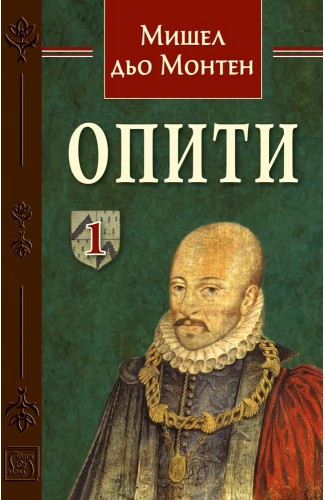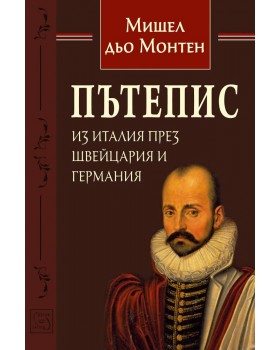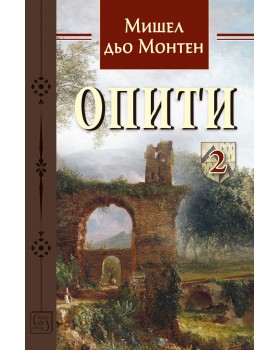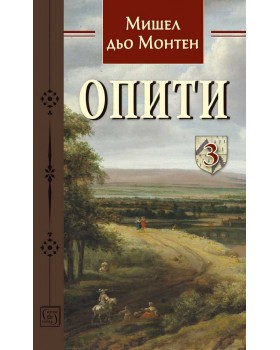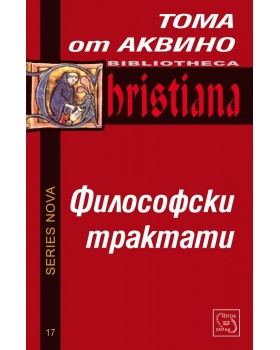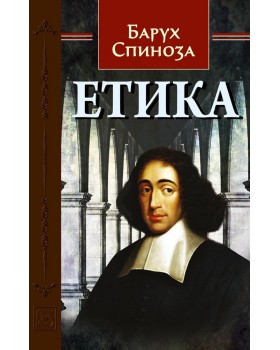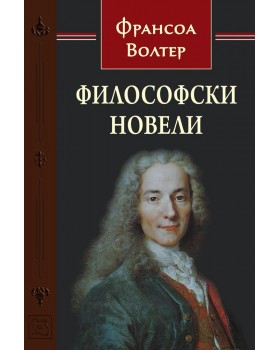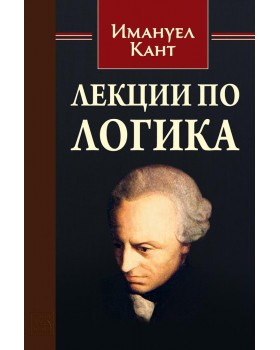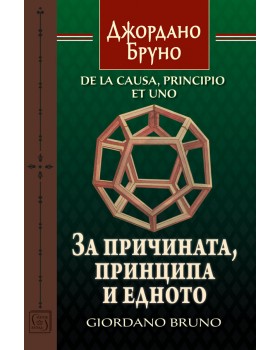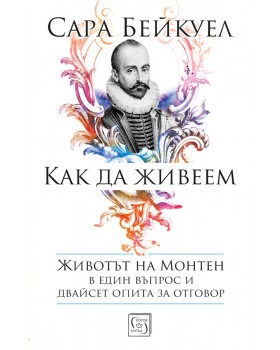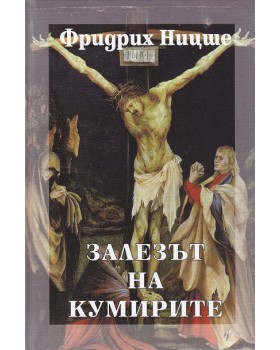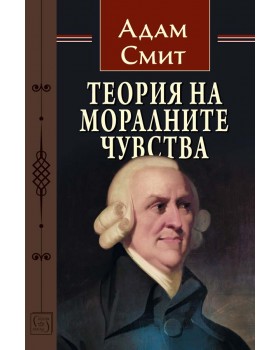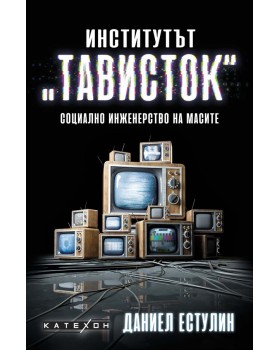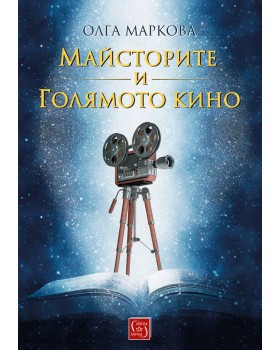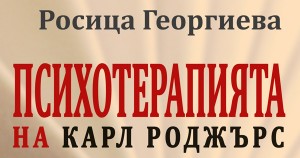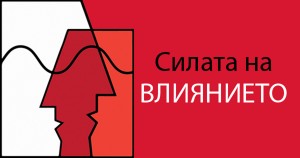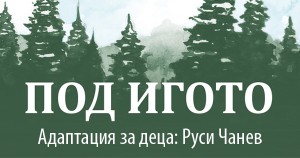Essays. Volume 1
-
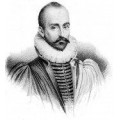
- Author: Michel de Montaigne
- Collection: "Thesaurus" Collection
- Year: 15-05-2017
- Translator From French: Todor Chakarov Hristov, translation of the Latin texts and notes: Anna B. Nikolova
- Availability: In Stock
- Product Code: 1944-01
- SKU: 15.0067
- ISBN: 978-619-01-0045-4
- Read an excerpt:
 |
Delivery At an office of Econt 4.00 BGN At personal address - 6.00 BGN |
 |
Order by phone Call us at 0888 465 635 to order by phone |
 |
E-book In order to read our eBooks you have to download Adobe Digital Editions and register on the Adobe website as well. The DRM protected eBooks can not be converted or read on Amazon Kindle devices. |
Montaigne heavily edited Essays at various points in his life.
Montaigne's stated goal in his book is to describe man, and especially himself, with utter frankness and honesty (bonne foi"). He finds the great variety and volatility of human nature to be its most basic features, which resonates to the Renaissance thought about the fragility of humans. According to the scholar Paul Oskar Kristeller, "the writers of the period were keenly aware of the miseries and ills of our earthly existence". A representative quote is "I have never seen a greater monster or miracle than myself."
He opposed European colonization of the Americas, deploring the suffering it brought upon the natives.
Citing the case of Martin Guerre as an example, he believes that humans cannot attain certainty. His skepticism is best expressed in the long essay "An Apology for Raymond Sebond" (Book 2, Chapter 12) which has frequently been published separately. We cannot trust our reasoning because thoughts just occur to us: we don't truly control them. We do not have good reasons to consider ourselves superior to the animals. He is highly skeptical of confessions obtained under torture, pointing out that such confessions can be made up by the suspect just to escape the torture he is subjected to. In the middle of the section normally entitled "Man's Knowledge Cannot Make Him Good," he wrote that his motto was "What do I know?". The essay on Sebond defended Christianity. Montaigne also eloquently employed many references and quotes from classical Greek and Roman, i.e. non-Christian authors, especially the atomist Lucretius.
About the Author

Michel de Montaigne
More by the same author
Related Products
Recently Viewed
Tags: Modern Philosophy
| Specification | |
| Year | 15-05-2017 |
| Translator | From French: Todor Chakarov Hristov, translation of the Latin texts and notes: Anna B. Nikolova |
| Pages | 544 |
| Size | 140/215 мм |
| Weight | 0.65 kg |
| Collection | Колекция "Тезаурус" |
| Cover Type | Hardcover |
| Genre | Modern Philosophy |

